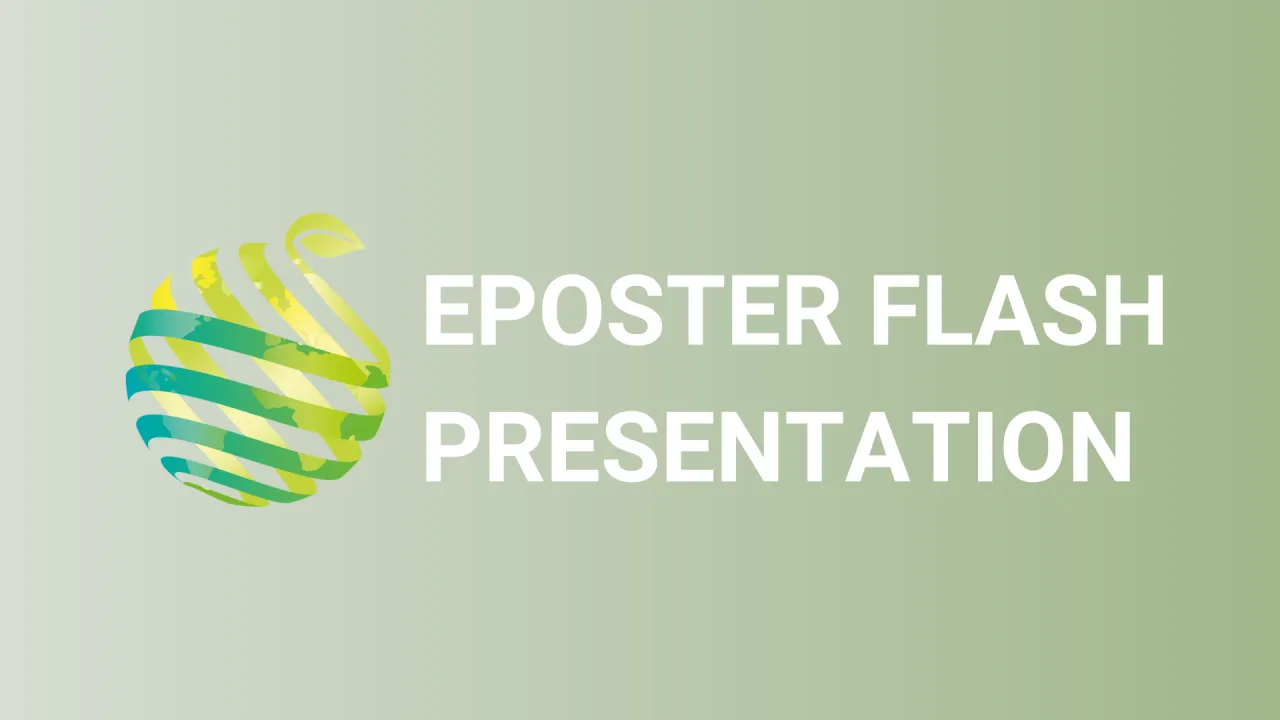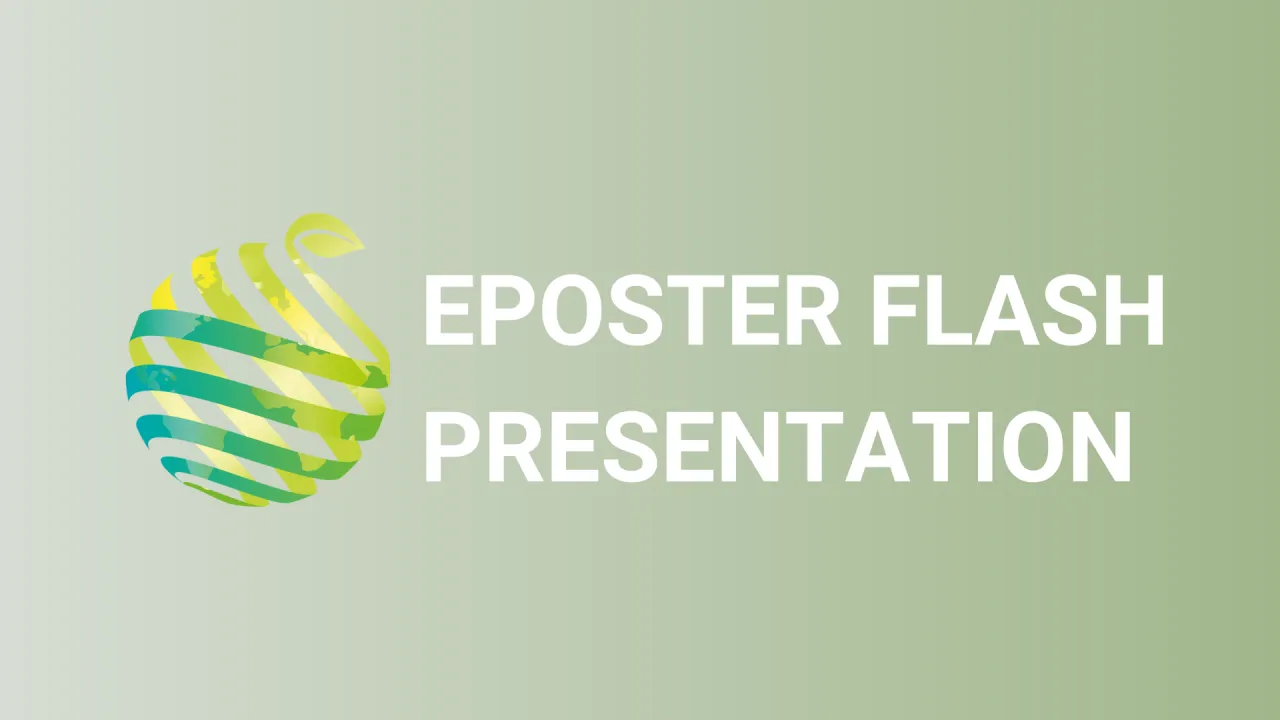

S05 - Session P4 - Cytogenetic investigation of winter hardy Hibiscus species and their interspecific F1 progenies
Information
Authors: Ki-Byung Lim *, Deen Mohammad Deepo
Plant breeding in the modern era necessitates knowledge of cytogenetic traits. The purpose of this study was to evaluate phenotypic and cytogenetic traits of winter hardy Hibiscus syriacus , H. sinosyriacus , H. moscheutos and H. paramutabilis and their interspecific F 1 progenies for making novel cultivars. Bloom in the early morning, 2313 flowers of four winter hardy Hibiscus spp. were pollinated. On average, they produced 72 capsules, indicating a 3.11% pollination success rate. Production of F 1 hybrid plants is impeded due to post-fertilization problems, therefore, timely embryo rescue can overcome these post-fertilization hurdles. According to this study, embryos rescue after 11 DAP, provided the best results. H. moscheutos had 38 chromosomes, H. paramutabilis had 82, and their F 1 progenies had 60 chromosomes. By FISH, two 5S rDNA loci and six 18S rDNA loci were detected in H. moscheutos , while four 5S rDNA and ten rDNA loci for H. paramutabilis . Three 5S rDNA and eight 18S rDNA were detected in F 1 progenies that were intermediate to their parents. H. syriacus and H. sinosyriacus had 84 and 80 chromosomes respectively, and their F 1 progenies possessed 82. Two 5S rDNA were detected for H. syricus , H. sinosyriacus and their F 1 progenies. The 2C DNA contents were 4.18 pg, and 2.06 pg for H. paramutabilis and H. moscheutos respectively, whereas F 1 progenies (F 1 -1 and F 1 -2) had 3.11pg and 3.15pg accordingly. 2C nuclear DNA value was approximately 4 pg, for H. syriacus , H. sinosyriacus and their F 1 progenies. In conclusion, cytogenetic study of winter hardy Hibiscus spp. and their F 1 progenies will assist in further breeding programs. Moreover, embryo development and timely rescue protocol provide essential guidance for other related studies and the undertaking of early embryo rescue for interspecific hybridization. This work was supported by the Korea Institute of Planning and Evaluation for Technology in Food, Agriculture, Forestry and Fisheries (IPET) through (Technology Commercialization Support Program), funded by the Ministry of Agriculture, Food and Rural Affairs (MAFRA) (821005-03-1) and this work was also supported by Korea Institute of Planning and Evaluation for Technology in Food, Agriculture, Forestry(iPET) through Agri-Bio Industry Technology Development Program, funded by Ministry of Agriculture, Food and Rural Affairs(MAFRA)(grant number. iPET318021-4)